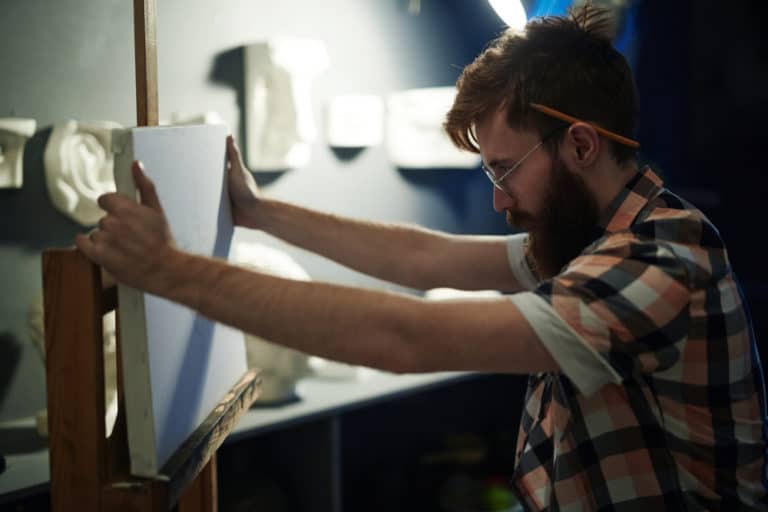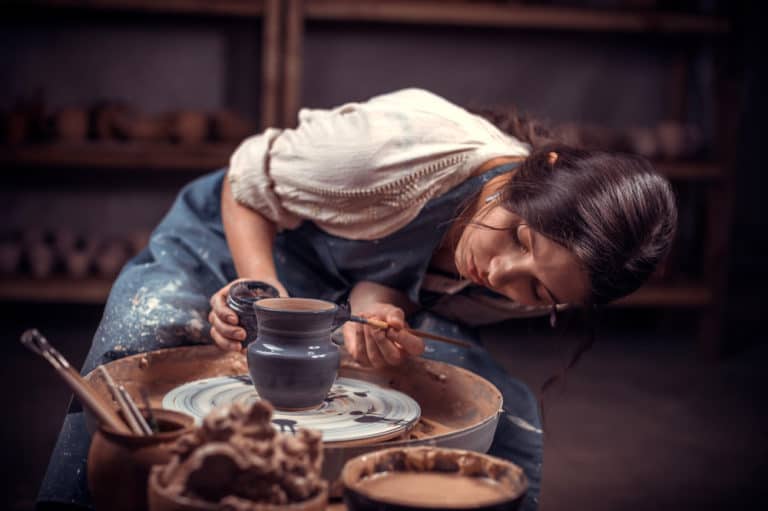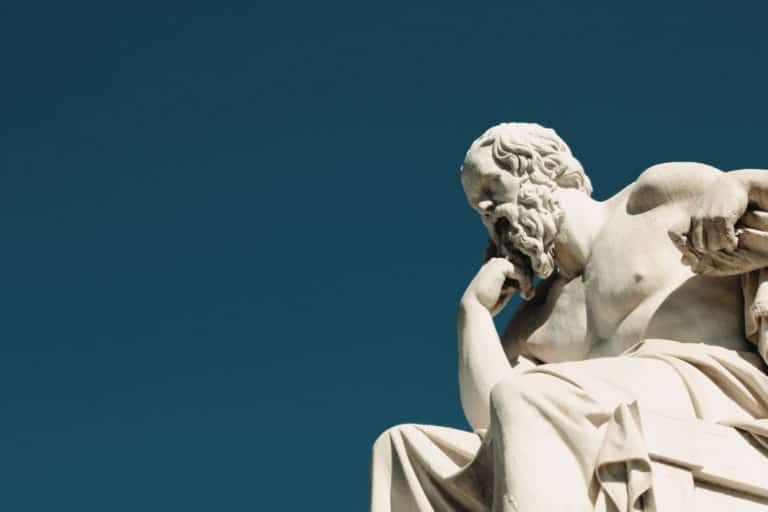Why Is Reputation So Important In Life?
Why bother with that integrity sh-t?
Why not just cheat and steal your way to the life you dream of?
No one cares about you!
Come onnnnnnn!
It’s hard out here on these streets.
Plenty of people have f-cked you over in the past.
Look at the state of you.
Whoever said that hard work pays off, has obviously never met your pathetic ass!
It’s hard to dispute how brutal our world can be to well-meaning conscientious people like you and me.
And yet, hopefully, your instinct tells you that having a vengeful victim mentality is never going to get you anywhere.
How you treat others matters, because your reputation matters.
In business, in relationships, in the mirror.
Reputation is everything.
Reputation is so important in life.
In this article, I’m going to tell you why.
The evolution of reputation
In order to understand the psychology of reputation, we must first understand human nature. And to understand human nature, we must first understand the origin of our species.
Primates are social animals

“Man is by nature a social animal; an individual who is unsocial naturally and not accidentally is either beneath our notice or more than human. Society is something that precedes the individual.”
Homo Sapiens are primates, a classification of mammals characterized by a few unique features.
First off, primates rely on their exceptional visual acuity. Most mammals rely predominantly on their sense of smell, whereas primates rely more on their eyesight.
Primates also have large brains for their body weight, and therefore large heads compared to other similarly-sized mammals.
We have evolved a number of adaptations to offset the difficulties that come with our large heads. Women’s pelvises are wider and shorter than men’s, for a start. Also, Human babies are born very early in their development relative to their lifespan.
Humans live for around 72 years and have a gestation period of 280 days. Comparing that to the rest of the animal kingdom:
| Species | Average Lifespan | Gestation period | Gestation as a % of lifespan |
| Human beings | 72 years | 280 days | 1.06% |
| African elephants | 60 years | 645 days | 2.95% |
| Zebras | 25 years | 370 days | 4.05% |
| Lemurs | 17 years | 140 | 2.25% |
Our short gestation period solves the problem of our large heads at childbirth. What it means though, is that humans are born extremely vulnerable and dependent on their group for their growth.
The human brain almost doubles in size within the first year of a baby being born.
Whilst baby giraffes can walk within 30 minutes of birth, baby humans take up to 2 years to walk independently.
It takes 18 full years before the adolescent phase is completed and a human is considered adult.
You can see then why humans are so deeply social and community-oriented, right down to the core of their being. Your standing with your group, which you are so dependent on for your welfare, largely impacts the opportunities and difficulties of your life.
The importance of reputation in ancient society
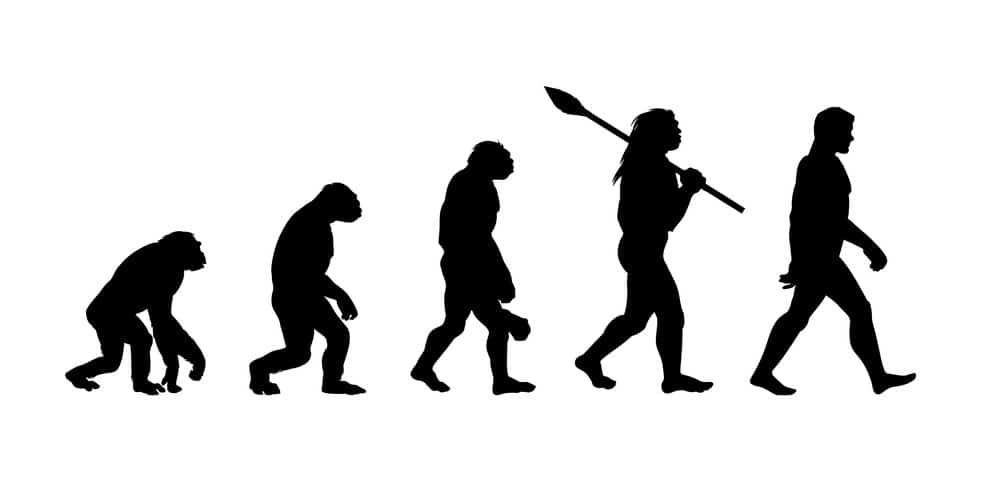
From about 2 million years ago to just 12000 years ago, Homo sapiens and their distant ancestors lived in nomadic hunter-gatherer groups of less than 100 people. Survival was everything, and the majority of one’s time was dedicated to finding food.
Someone without the support of their tribe was, to use a scientific term, absolutely f-cked.
When wild animals got territorial, people were much safer in large groups. You could identify threats more effectively and keep each other out of harm’s way.
Food could not be stored as it can be in modern society. If I kill and share today, you might kill and share tomorrow. If I provide meat for you, you Might provide berries for me.
The day-to-day struggle of ancient survival meant that people in hunter-gatherer societies were incredibly mutually dependent on each other. You only knew a few people, but your life was defined by your standing amongst those people. Someone without the approval of the tribe would be unable to fend for themselves.
This hunter-gatherer nomadic existence characterized our societies for the majority of our brain’s evolution. It is no wonder that we all feel such a strong desire for the approval of the group to this day.
The importance of reputation in modern society
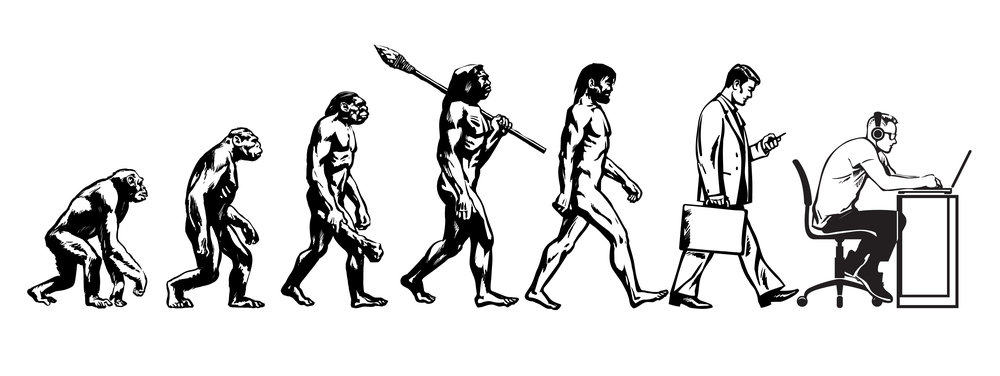
So in case you drifted off, life was brutal and tribal and dangerous and limited for almost all of history.
And here I am, talking to you, on a machine designed by a bunch of geniuses.
We’ve come a fair way, haven’t we!
Our ancestors struggled to stay warm at night, and we’ve developed fabrics and buildings and central heating.
Your car heats your ass while you’re driving it for god’s sake.
Our ancestors were constantly avoiding being attacked by wild animals. We’ve civilized and urbanized whole chunks of the planet, and domesticated animals purely for our entertainment.
Life has become so comfortable that people will pay big money to fly across the world, just to see wild animals being wild in the wild.
(And then if there’s a spider in their hotel shower they will lose their minds.)
With the majority of basic needs for survival now met for 91% of people globally, more and more brainpower has been invested into solving more complex problems that were previously unconsidered.
Our sense of community has also changed, in a major way.
There used to be 100 people that you really knew, that essentially defined you.
Now there is your immediate family, that you really know, and then a thousand people that you kind of know.
And then those thousand people that you kind of know each kind of know a thousand other people.
What used to be small unconnected communities of 100 or so people, is now billions of individuals all networked together intricately with everybody else.
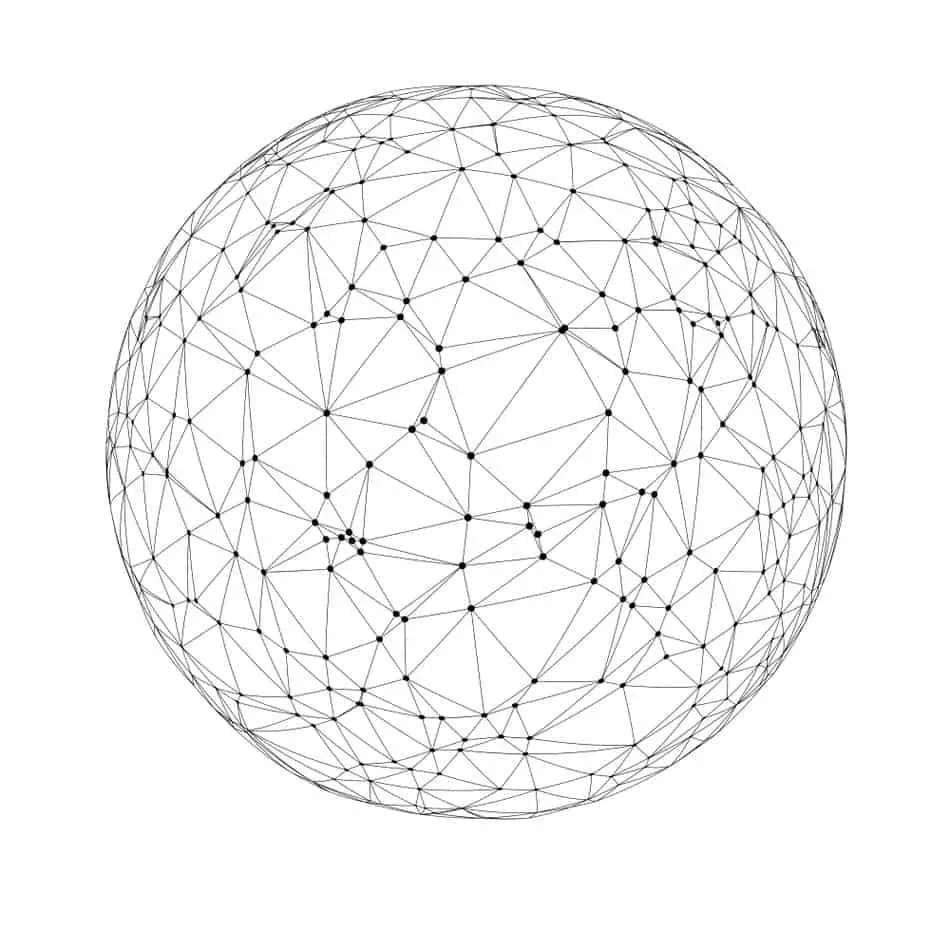
No one is defined by anyone necessarily, but everyone is connected to everyone.
As the landscape of the world has changed, the way that your reputation affects your life has also changed.
If your tribe turned their back on you in ancient society, you were literally a dead man walking.
Your standing amongst your loved ones was like the currency of the old world.
Whilst the effect of your reputation might not be as life and death as it once was, it does remain vitally important for your long-term success- In business, in relationships, and when you’ve sat alone with yourself.
Your reputation in business
“Lose money for the firm, and I will be understanding. Lose a shred of reputation for the firm, and I will be ruthless”
Just as your own reputation is merely a collective impression that people have about you, your brand is a collective impression that people have about your products or services. And it is everything.
Brand is everything

A lot of companies make soda. But if I walk into a restaurant, and I want a soda, I’m ordering a coke. And I’m not even going to think about it.
A lot of companies make trainers. But when I had no money and I needed trainers, I bought a pair of Nike’s. They weren’t cheap, and I don’t really care about shoes, but I just didn’t want anything else.
If I need to search for something online, I will go straight to google. Sometimes, another search engine loads automatically on my homepage. If that happens I will search “Google” in the competitor’s search bar, before googling what I actually needed to search for.
All of these are examples of brilliantly strong brands.
Business is hard, and all companies have competition. With brands like these, people will choose their products and services without necessarily considering any other options.
People assume that they are the best choice, because of how strong their brands have become.
So how do you build one of these brilliantly strong brands?
Well really, a brand is just a public perception of a company.
“Brand is just a perception; perception will match reality over time. Sometimes it will be ahead, other times it will be behind. But brand is simply a collective impression some have about a product”
Elon Musk
So to keep your brand strong, you must deliver the product and experience that someone is expecting every time someone trusts you with their money. You must meet or exceed expectations consistently.
You want people to walk away glad that they chose your company, ready to recommend you and use you again. And if you can do that for long enough, the growth of your brand will compound over time purely through word of mouth and repeat business.
Your personal reputation
Your personal reputation is your whole f-cking life.
You can look at your personal reputation either in terms of how others perceive you, or in terms of your own personal reputation with yourself. Both of these things are tightly connected, and both will ultimately define your life experience.
Your reputation with others
I can think of a few people, who I will never ever ever f-ck over.
Somewhere down the line, I decided that they are fundamentally good people. I like them, I want them to win, and I trust them to do anything that they say they are going to do.
Most of us are out here trying to live right for the most part, and fair play.
But I bet that you have some friends like this, too.
Because of the way that they stand out to you for their character or the actions they have taken, you would put them in a separate category from the bulk of well-meaning society.
If one of these people ever needs a place to stay, you’d let them stay at yours.
If they were starting a business, you would at least consider getting on board.
If they were ever in trouble in any grave way, you would be right there with them. And their pain would be your pain. And you would feel like it would be the least you could do.
These are good people, after all.
If you gain a reputation for being one of these good people, the world is a very different place. Opportunities will unfold in front of you as you go about your day. People will be ready to forgive you when you f-ck up.
“Genuine kindness is the ultimate strength and when I see it I always lean into that person”
Gary VAYNERCHUCK
The main reason for having a good reputation isn’t for all of the high fives and opportunities, though. The main reason why it’s important is because of the absolute sh-tshow of a life you could have if you find yourself with a bad reputation.
We are just so goddam connected now.
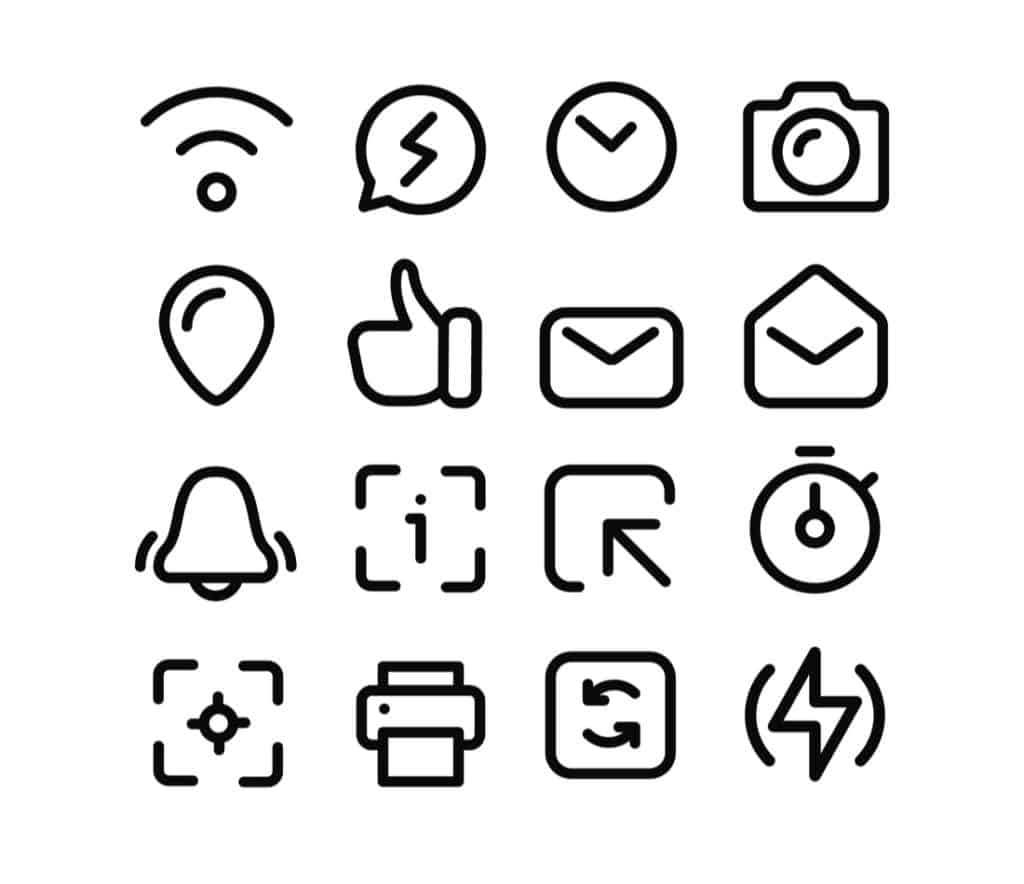
Every mistake that you make is out there.
If you cheat or lie or steal and someone finds out, In the modern network of human society, everybody knows.
Being so inherently social people will run a mile from somebody with a dirty personal reputation, often without figuring out how much of what they heard is actually true.
They just can’t risk their own reputation being tarnished.
And you go for any job anywhere now, doing anything.
You could be the most overqualified grade grubbing brown nose there is.
They are probably going to search your social media history. And chances are, your least employable exploits have been publicly broadcasted on the internet since you were a teenager.
At the end of the day, your reputation is your personal brand.
And your personal brand is something that you have been consistently building over the years, for better or for worse.
Your reputation with yourself
Stay with me here.
The definition of reputation is the “beliefs or opinions that are generally held about someone or something”.
We often think of reputation as an external concept, ie the opinions that other people have about you.
But if your reputation comes from how people perceive your actions, and your actions stem from your worldview, then how you see yourself might be the most important component of gaining a positive reputation.
Your external is defined by your internal
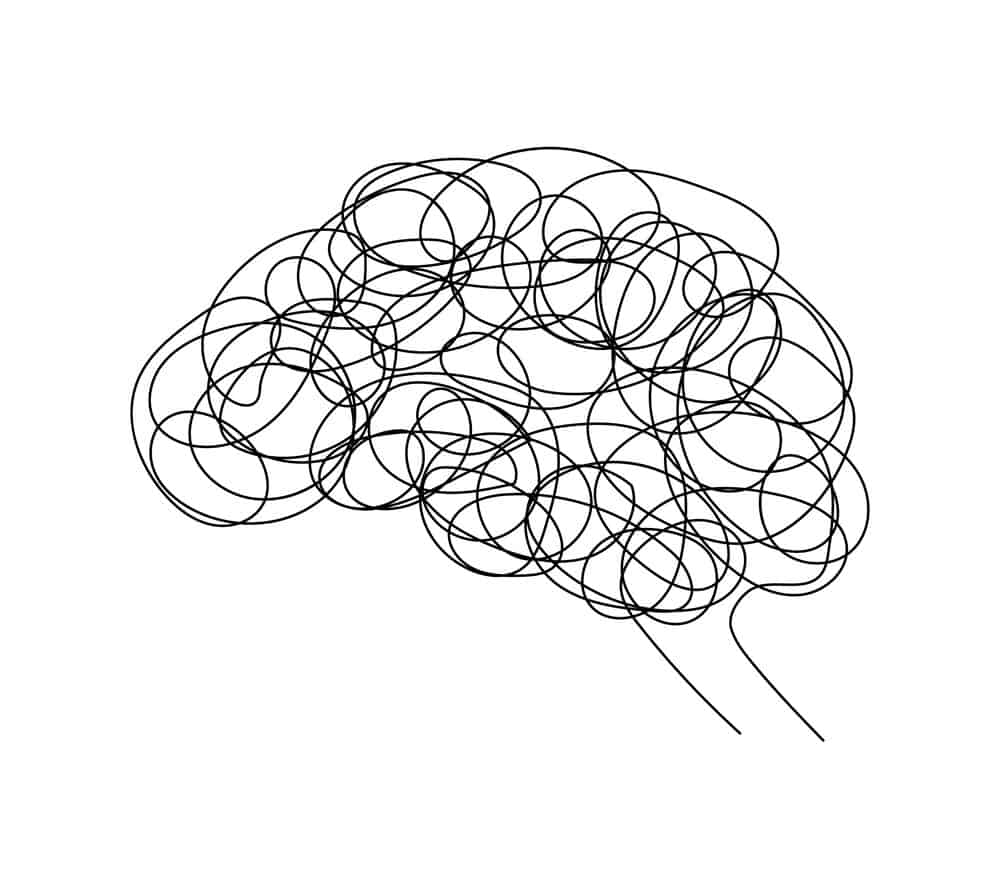
People who see themselves as hard workers, hustle.
People who think that they are smart enough to figure out business, try and start businesses.
People who believe that they can ultimately succeed in an endeavour, are the ones that throw themselves into the process and get to work.
When you are confident in your own capabilities, you don’t get in your own way like others do. You try things. When you fail, you try to learn a lesson rather than thinking that you’re fundamentally not good enough.
People with a sound reputation with themselves work like laptops fresh out of the store.
They do the things they say they’ll do, they aren’t overrun with insecurities and guilt, and they aren’t constantly feeling sorry for themselves or trying to figure out what’s wrong with them.
When they fail, they aren’t broken.
When they are defeated, the defeat isn’t crushing.
They ultimately believe in their own ability to figure it out.
Of course, people like this do tend to gain a positive reputation as they move through their day taking chances and making things happen.
This validation reinforces their own worldview, which then reinforces their actions.
In this way, changing your own view of yourself can be a magnificent upward spiral of winning and fulfilment.
You can change your reputation
Do something for yourself,
Feel good about yourself.
Do something for someone else,
Feel good about yourself.
Reputation is perception, and perception comes from action. You need to take positive actions in order to gain a positive reputation.
As you learn new skills, take new risks and prove yourself throughout your life, your confidence will grow. You will start to buy into the idea that you are strong and smart and capable. The upward spiral will take over.
The hard part, then, is beginning to take positive action from an initial place of apathy and comfort. To live like a winner, when you feel like a loser.
Some people read books by Tony Robbins. Others are inspired by the greatness of athletes and entrepreneurs. Others just wake up one morning sick of their own bullsh-t.
Ultimately, anyone who can change their actions can improve their worldview and the outcomes of their life.


